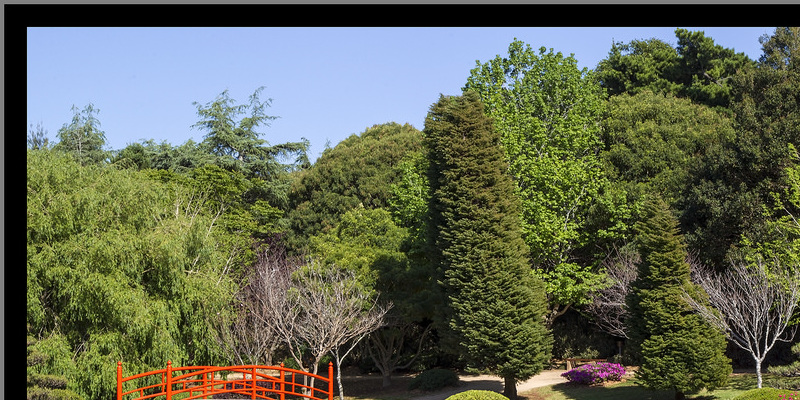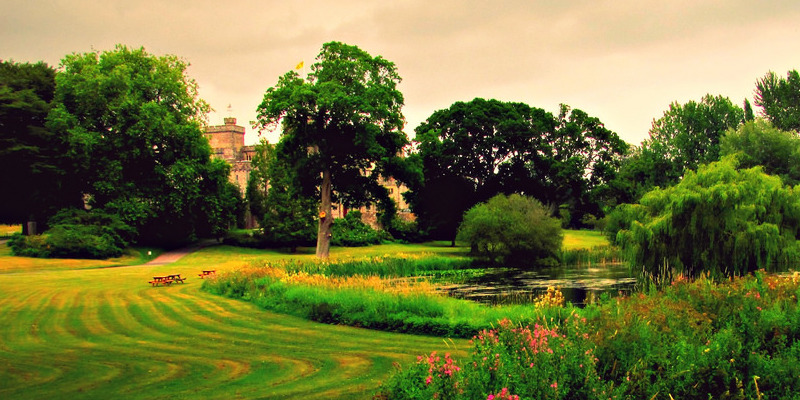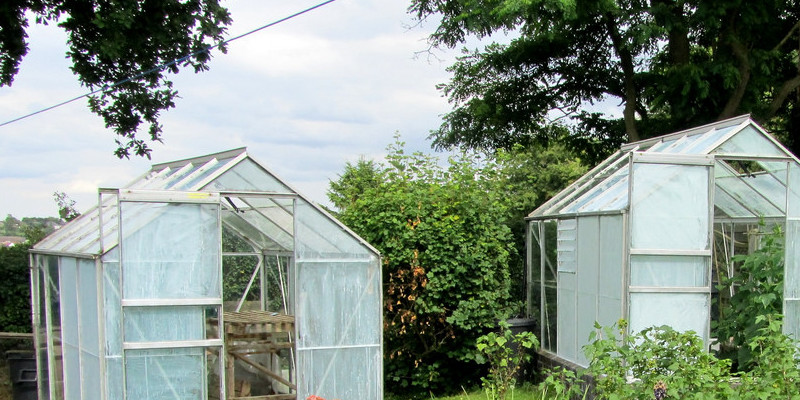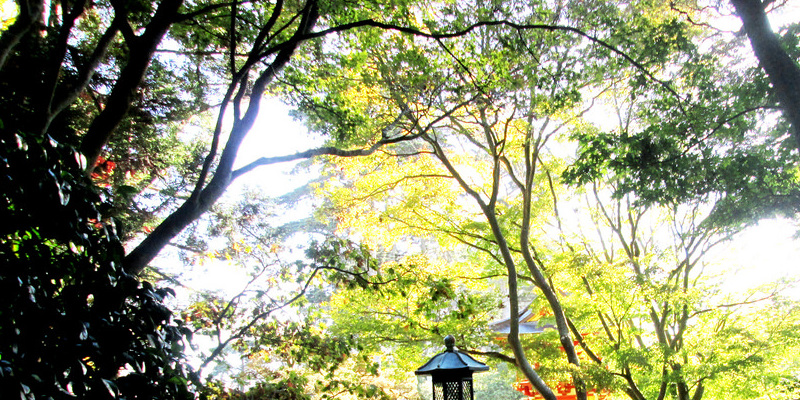Cedars are ever-green trees, many native to the United States. A broad selection of cedars that are diverse are accessible, plus they are medium to large trees, a few of them achieving heights approaching 100-feet. This, along with with other features as well as their generally pyramidal form, makes them well-suited to some number of landscape uses.
Cedars for Hedges and Screens
Screen trees produce block wind, privacy, will create an intriguing backdrop for the property and decrease sound. Cedars’ large-size and typically foliage makes them an ideal option for display and hedge plantings. Western red cedar is a typical screen choice. This range grows into a height of 80 feet and features a conical form. Other options for screens and hedges contain eastern red cedar, cedar and California incense cedar, which can be also known because of its smell.
Christmas Trees
Cedars have a relatively uniform pyramidal or conical form, making them perfect christmas-trees. Cedars may be planted as specimen trees, where they are able to be a focal point of your lawn for example in San Diego year round, then strung with lights as Christmas trees in cold temperatures. Eastern red cedar, with its green foliage, is a Christmas Tree Trimming companies Bakersfield selection that is common, particularly in the south-east. Deodara cedar is an alternative option; it’s blue green needles and is indigenous to the Himalayas.
Other Types
Some cedar types have special features which make them appealing options for landscape planting Long Beach. Along with the formerly mentioned California incense cedar using its fragrant foliage, several types are worth contemplating. Atlantic white cedar grows using a slender, columnar development, and has dark green foliage. Atlas cedar h AS an open kind, upright and pale blue needles, barrel-formed cones. A carefully-associated selection, called weeping blue atlas cedar, h-AS foliage that is comparable but grows unlike a willow Tree Trimming & removal Littleton, CO in a trailing development perhaps not.
Considerations
Be certain when you select cedars for Landscaping flowers Boise, ID to t-AKE environment in to thought. Some types, like red cedar, are extremely adaptable and will be developed nearly anyplace in the continental United States. Others, such as the atlas cedars, on average fare better in a climate that is warmer. It’s possible for you to use a USDA hardiness zone map (see Sources) to aid you select the most useful trees for where you reside.



